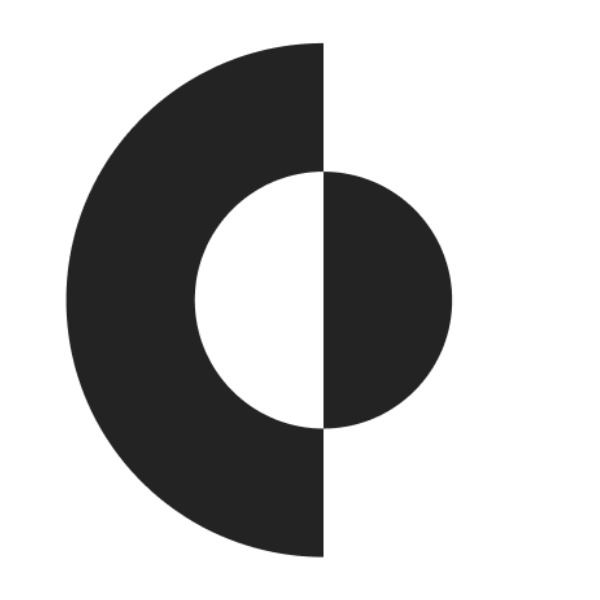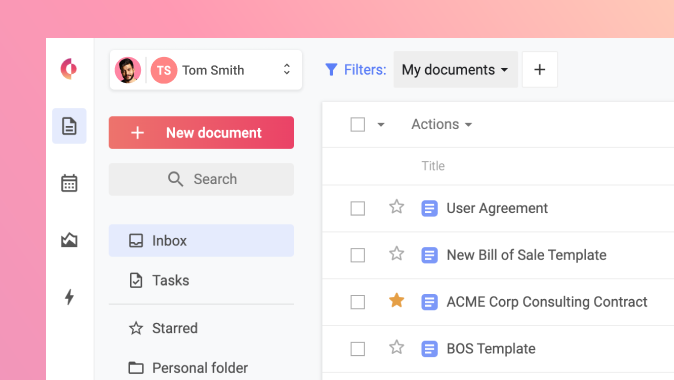30 Seconds to Hunt Down a Healthcare Contract: An Interview with the Solaris Foundation
Concord interviews Andrew Bennett, General Counsel for Solaris Foundation. He uses Concord to handle the foundation’s legal department, and all legal matters affecting Solaris Foundation, but also provides legal support for its affiliated entities and facilities.
Tell me about Solaris foundation?
Solaris Foundation is a 501(c)(3) Florida not for profit corporation. As a 501(c)(3), Solaris’s overall mission or objective is to work towards improving the health and wellness of the South Eastern United States. Currently, we are focused in Florida.
Tell me more about how Solaris is improving health and wellness
Currently, the main emphasis for Solaris is to focus on long-term care, it’s an area of health and wellness that Solaris felt it could best serve. This focus on long-term care is accomplished by Solaris owning or being affiliated with entities that either operate long term care facilities or provide clinical and administrative services to long-term care facilities. Currently, Solaris affiliates operate 15 long-term care facilities in Florida and provide consulting and other related services to many others.
What does your company stand for? I know you are very mission driven.
Absolutely! So Solaris’s motto is “Doing what’s right.” If you go into any Solaris affiliated facility you will see a sign prominently displayed with the Solaris motto and mission. This goes beyond doing what’s right clinically. We want to do the right thing clinically, but also operationally and financially.
Because of its mission, motto, and culture, Solaris attracts extremely talented people in the field and because of that, we supply exceptional healthcare. “Doing what’s right” is the foot we always try to put forward, and it that makes our operations easier. Because of that, all the people I work with enjoy being a part of Solaris. I enjoy coming to work and interacting with the various affiliated entities and facilities.
What are you most proud of with Solaris?
What we do best, and something we are all proud of is our focus on promoting what we call “Community Based Health Care,” which is a bit of a hybrid approach to a healthcare network. Some individual healthcare facilities seem a bit isolated, lacking a common network to reach out to for thoughts and resources. On the other end of the spectrum, you’ll find facilities in a common network that feel highly regulated, and from the exact mold. Solaris’s approach is to combine the two, recognizing that every community is different, with their own rhythms and patterns of living that are unique. When you enter one of our affiliated facilities, it will be clear you are in a Solaris facility, but you’ll also see the efforts that facility has made at embracing and incorporating unique elements of its community. It’s autonomy with oversight and support. I love observing this when I get to travel to these facilities. The other part of Community Based Health Care is to encourage each facility to find ways to become a part of the community, rather than just being seen as that building you go to only when you become elderly. After all, each facility has the privilege of caring for some of the most venerated members of its community.
What is your role in Solaris?
My title is General Counsel for Solaris Foundation. The Foundation’s legal department handles all legal matters affecting Solaris Foundation, but also provides legal support for its affiliated entities and facilities.
How important is Contract Management to you, day to day?
Oh it’s huge. I spend most of my day dealing with contracts. Even as an attorney, it’s easy to underestimate the volume of contracts affecting healthcare entities. You have contracts with the employees, with the vendors, leases for the building and the property, etc., all the way down to the contract for water in the water cooler. It’s all done through contracts, and we have to keep track of those. So contract management is crucial.
Did you have an online contract management system before? How were you managing your contracts before Concord?
We did not. Before Concord, contracts were stored in one of several digital repositories, but no management system in place.
So what was your pain point? When did you decide to do something different?
I think the biggest thing was just the need for a central repository. I can start my day by looking at a 10-year lease for a massive corporate building, and end my day with a contract for who is going to mow the lawns there. So I need to be able to know where all of these agreements are at any point in time so I can properly advise Solaris. That was the turning point. Contracts were retained in several different places and we realized we could better use the time saved by not having to search multiple repositories.
What is your favorite Concord feature?
I think the biggest part is simplicity. There is a point when you have so many bells and whistles that they become just that, and you have to ask yourself how useful is a bell or whistle anyway? Other systems were just too much work to get them to do what we needed.
Do you feel like Concord has helped improve your business processes?
I do. We try to make sure that all contracts get entered into Concord and properly labeled, etc. We try to have it set up so that if the CEO asks for all the contracts between Solaris and a specific company, I just have to call up the tag for that company and everything is there in front of me. And that took all of 30 seconds of my time. Even if they were centrally located, it would take a significant amount of time to go through and pick them all out individually.
Would you recommend Concord to others?
Certainly! With Concord, we have all the features we were looking for— to be able to quickly store and track contracts, which is really important. I think a lot of systems focus heavily on the front-end the drafting and negotiating phase, and I really liked Concord because there are a lot of front-end features that we are using, but we were a lot more concerned with the back end, storing and tracking contracts after they have been created, because that’s when they are effective. Our primary need was to have somewhere that contracts can be cleanly and neatly kept, so they can be easily recalled and referenced as these relationships with these entities move forward.



